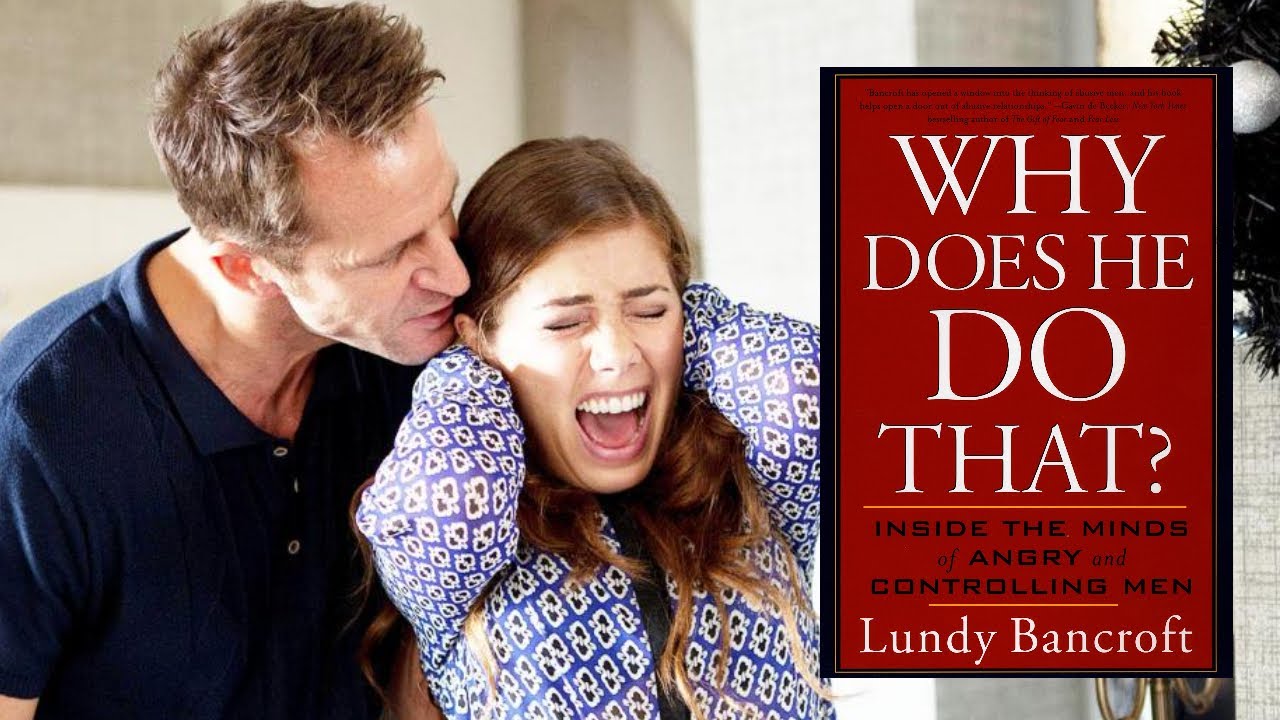Does Having Abusive Parents Mean You'll Become One?
Summary
TLDRThe video explores the intergenerational transmission of violence, highlighting how children raised in abusive environments are at higher risk of becoming abusive adults. Through studies, it shows that witnessing domestic violence often predicts future violent behavior more accurately than experiencing abuse. It discusses the role of genetics and environmental stressors, emphasizing that while genetic factors can increase risk, they don't determine fate. Importantly, the video highlights therapeutic interventions that can help break the cycle of violence, demonstrating that change is possible and individuals can choose their paths.
Takeaways
- 😀 The intergenerational transmission of violence refers to how children who experience abuse are at a higher risk of becoming abusive adults.
- 😀 Studies show that adults abused as children are 2.5 times more likely to mistreat their own children.
- 😀 Adolescents who experience abuse have an even greater risk, being 5.5 times more likely to be abusive later in life.
- 😀 Witnessing domestic violence can predict violent behavior more accurately than experiencing physical abuse.
- 😀 Vicarious learning, where children model behaviors they see in parents, plays a significant role in the perpetuation of violence.
- 😀 Genetics may influence aggressive behavior, but the environment significantly affects this relationship.
- 😀 The diathesis-stress model suggests that genetic risks for violence can be triggered by environmental stressors.
- 😀 A lower-activity version of the MAOA gene is linked to higher risks of antisocial behavior, especially when combined with childhood mistreatment.
- 😀 Professional therapy can effectively reduce the likelihood of abusive behavior in individuals at risk.
- 😀 Breaking the cycle of violence is possible through awareness, research, and seeking help, emphasizing personal choice in behavior.
Q & A
What is the concept of intergenerational transmission of violence?
-It refers to the phenomenon where children who grow up in abusive environments are at a higher risk of becoming abusive adults themselves.
How much more likely are adults who experienced abuse as children to mistreat their own children?
-Adults who were abused as children are almost two and a half times more likely to mistreat kids compared to those who were not abused.
What is the significance of the timing of abuse in childhood?
-The study found that those abused as adolescents are more likely to become abusive adults compared to those who were abused as younger children, suggesting that the timing of abuse influences the likelihood of perpetuating the cycle.
What role does vicarious learning play in developing violent behavior?
-Vicarious learning suggests that children can learn aggressive behaviors by observing their parents or caregivers, which can lead them to adopt similar conflict-resolution methods.
What did the Bobo doll experiment illustrate about children's behavior?
-The Bobo doll experiment demonstrated that children are likely to imitate aggressive behaviors they observe in adults, indicating that observed violence can translate into their own actions.
Can genetics influence aggressive behavior?
-Yes, studies suggest that genetic factors, such as variations in the MAOA gene, can contribute to aggressive behaviors, particularly when combined with environmental stressors.
What is the diathesis-stress model in psychology?
-This model posits that genetic predispositions for certain behaviors or disorders can be triggered by significant environmental stress, such as abuse or poverty.
How does witnessing domestic violence compare to experiencing abuse?
-Research indicates that witnessing domestic violence can be a stronger predictor of violent behavior in adulthood than direct physical abuse.
What interventions can help break the cycle of violence?
-Therapeutic programs that focus on interpersonal and relationship skills have been shown to reduce abusive behaviors in individuals at risk.
What is the key takeaway regarding abusive behavior and personal choice?
-Despite the influences of upbringing and genetics, individuals have the power to make choices about their behavior and seek help to break away from unhealthy patterns.
Outlines

此内容仅限付费用户访问。 请升级后访问。
立即升级Mindmap

此内容仅限付费用户访问。 请升级后访问。
立即升级Keywords

此内容仅限付费用户访问。 请升级后访问。
立即升级Highlights

此内容仅限付费用户访问。 请升级后访问。
立即升级Transcripts

此内容仅限付费用户访问。 请升级后访问。
立即升级浏览更多相关视频

Monsters In the Closet - Domestic Violence From a Child's View

Living through crazy love | Leslie Morgan Steiner | TEDxRainier

Why Does He Do That? – A 30-Minute Summary

Jackson Katz: Violence against women—it's a men's issue

Meia infância: o trabalho infantil no Brasil hoje

What Aubrey's Father Did To Her That Changed Her Life | Toni Talks
5.0 / 5 (0 votes)
